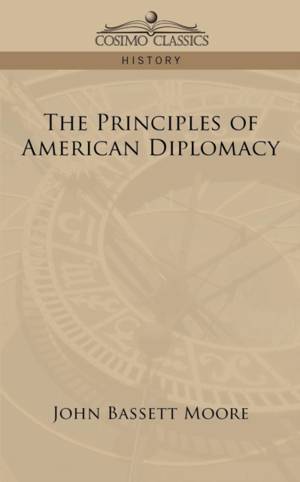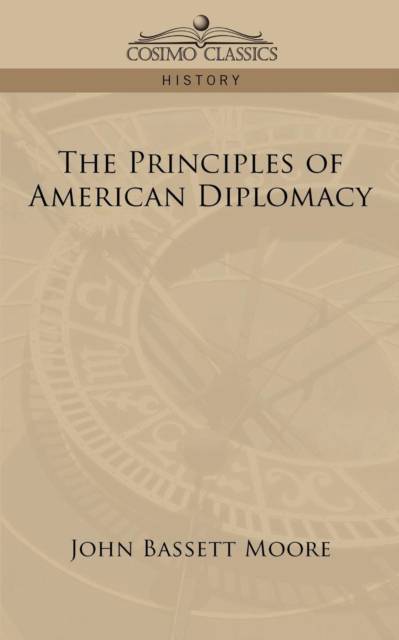
En raison d'une grêve chez bpost, votre commande pourrait être retardée. Vous avez besoin d’un livre rapidement ? Nos magasins vous accueillent à bras ouverts !
- Retrait gratuit dans votre magasin Club
- 7.000.000 titres dans notre catalogue
- Payer en toute sécurité
- Toujours un magasin près de chez vous
En raison de la grêve chez bpost, votre commande pourrait être retardée. Vous avez besoin d’un livre rapidement ? Nos magasins vous accueillent à bras ouverts !
- Retrait gratuit dans votre magasin Club
- 7.000.0000 titres dans notre catalogue
- Payer en toute sécurité
- Toujours un magasin près de chez vous
Description
It may indeed be said that the exemption of vessels from visitation and search on the high seas in time of peace is a principle which rather grows than diminishes in the estimation of mankind; for in the light of history, its establishment is seen to mark the progress of commerce from a semi-barbarous condition, in which it was exposed to constant violence, to its present state of freedom and security. -from "Freedom of the Seas" A prominent thinker on global diplomacy in the early 20th century, John Bassett Moore witnessed the horrors of World War I and came to the conclusion that a strict neutrality was the only way to prevent future local wars from expanding across the planet. This 1918 work is a substantial update of his influential 1905 book, American Diplomacy: Its Spirit and Achievements, one that takes into account the events of the war and the tumultuous years just prior to it, and how they would shape the future course of the foreign policy of the United States. An in-depth exploration of the diplomatic ideals that had guided the United States to that point, this is an intriguing look at what has impelled the nation into the American Century. OF INTEREST TO: readers of American history, students of global politics American lawyer and diplomat JOHN BASSETT MOORE (1860-1947) served as an Assistant Secretary of State from 1886 to 1891, sat on the panel of the Hague Tribunal (1912-38), and was the first American judge on the World Court. He also wrote Four Phases of American Development (1912), International Law and Some Current Illusions (1924), and The Permanent Court of International Justice (1924).
Spécifications
Parties prenantes
- Auteur(s) :
- Editeur:
Contenu
- Nombre de pages :
- 496
- Langue:
- Anglais
Caractéristiques
- EAN:
- 9781596058538
- Date de parution :
- 01-05-06
- Format:
- Livre broché
- Format numérique:
- Trade paperback (VS)
- Dimensions :
- 127 mm x 203 mm
- Poids :
- 535 g

Les avis
Nous publions uniquement les avis qui respectent les conditions requises. Consultez nos conditions pour les avis.






